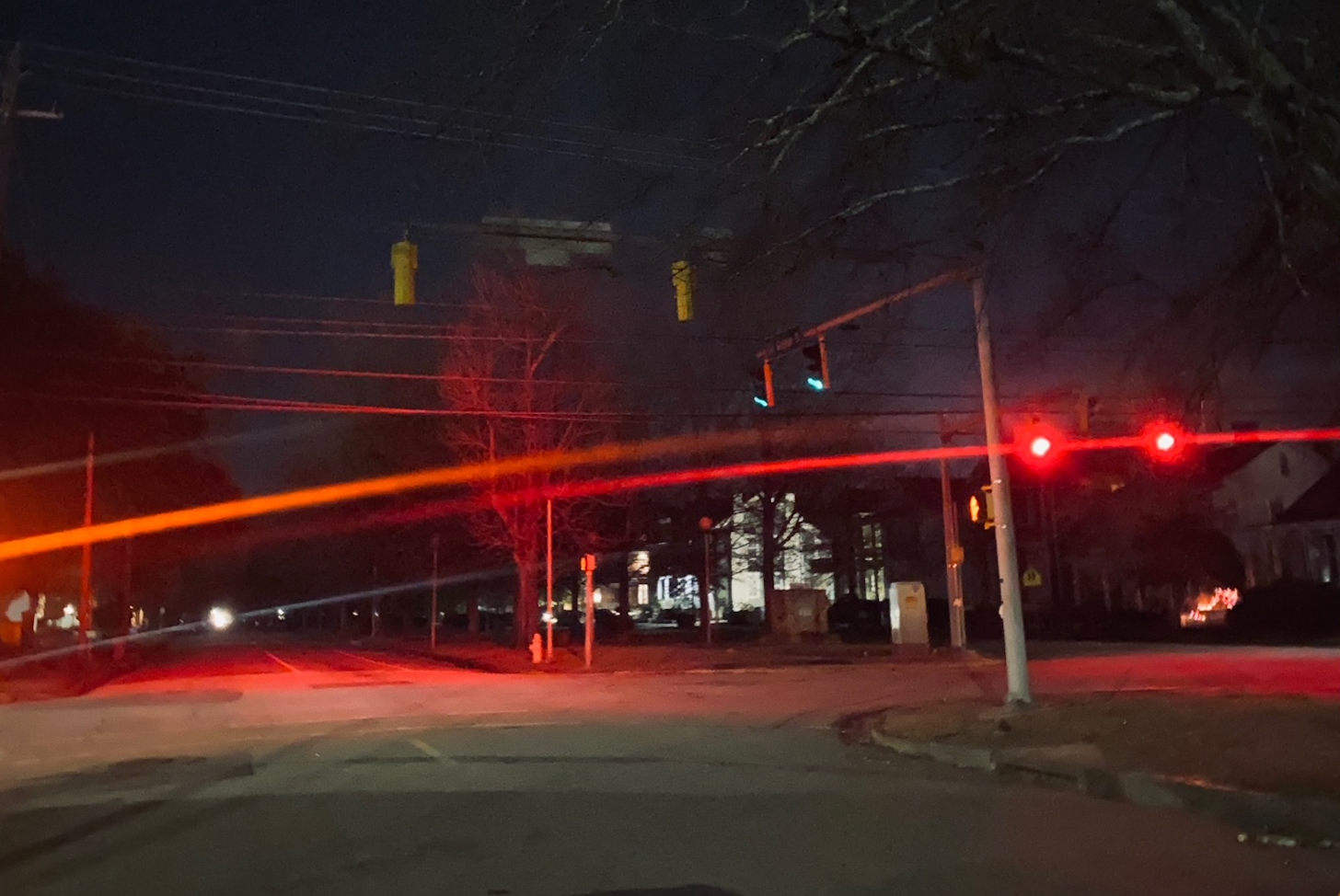Augusta roadways becoming more dangerous
A study conducted by Peachtree Recovery Services shows that traffic fatalities in Augusta/Richmond County have risen sharply over the last five years.
According to the study, which was conducted by Peachtree Recovery Services Vice President for Business Development Todd Rhoad, overall traffic fatalities have risen from 22 in 2018 to 44 in 2022, which is double the amount in five years.
Rhoad’s firm specializes in traffic studies and also in helping municipalities recover costs of accidents that damage property.
The study did not include the month of December for this year. He says due to the holidays, more people are on the road, which makes December the peak of vehicular accidents.
Overall, all categories, including accident, accident with injury, fatality and pedestrian fatality have risen between 18% and 30%. Rhoad says that Washington Road and as Deans Bridge Road are the most dangerous roadways in Augusta.
It may come as no surprise that pedestrian deaths are clustered around areas frequented by the homeless.
Drinking and driving as well as texting while driving are large factors in road fatalities, but Richmond County Coroner Mark Bowen says that anything that takes a driver’s eyes off the roadway for mere seconds can cause a fatal accident.
“Of course, drinking and driving is the most dangerous, but a lot of (fatalities) are caused by people being distracted by something, and it doesn’t necessarily have to be from a cell phone,” Bowen said.
According to Rhoad, sometimes it is the roadways themselves that can be a hazard, especially as communities grow and roads become more congested.
“Cities generally plan for 20 years or more and rarely do they get it right when it comes to how traffic patterns change. Really they should be planning at five year intervals and paying attention when a certain area becomes a hot spot,” Rhoad said.
One issue Rhoad sees frequently is lack of adequate lighting and says that technology has improved to a degree that it is cost effective to place special lighting in heavy pedestrian areas.
“There are systems that can detect when a person is standing on a street corner and can light up much like the lights in the frozen food section of a grocery store and can warn a driver that a pedestrian is nearby,” Rhoad said.
Kevin de l’Aigle, who lives in downtown Augusta says the roadways would be safer near his home if the city would simply change out the light bulbs. According to de l’Aigle, an entire stretch of lower Greene Street has been dark since July.
Since that time, two monuments in the median have been hit by cars and destroyed.
De l’Aigle says he approached the Augusta Commission to complain about the lack of lighting and was told by Mayor Hardie Davis Jr. that “It’s an electrical problem and we’re working on it.”
A study conducted by Peachtree Recovery Services shows that traffic fatalities in Augusta/Richmond County have risen sharply over the last five years.
According to the study, which was conducted by Todd Rhoad, overall traffic fatalities have risen from 22 in 2018 to 44 in 2022, which is double the amount in five years.
Rhoad’s study did not include the month of December for this year, which he says due to the holidays, more people are on the road making that month the peak of vehicular accidents.
Overall, all categories, including accident, accident with injury, fatality and pedestrian fatality have risen between 18 and 30%. Rhoad says that Washington Road as well as Deans Bridge Road are the most dangerous roadways in Augusta.
It may come as no surprise that pedestrian deaths are clustered around areas frequented by the homeless.
Naturally, drinking and driving as well as texting while driving are large factors in road fatalities, but Richmond County Coroner Mark Bowen says that anything that takes a driver’s eyes off the roadway for mere seconds can cause a fatal accident.
“Of course, drinking and driving is the most dangerous, but a lot of (fatalities) are caused by people being distracted by something and it doesn’t necessarily have to be from a cell phone,” Bowen said.
According to Rhoad, sometimes it is the roadways themselves that can be a hazard especially as communities grow and roads become more congested.
“Cities generally plan for 20 years or more and rarely do they get it right when it comes to how traffic patterns change. Really they should be planning at five year intervals and paying attention when a certain area becomes a hot spot,” Rhoad said.
One issue Rhoad sees frequently is lack of adequate lighting and says that technology has improved to a degree that it is cost effective to place special lighting in heavy pedestrian areas.
“There are systems that can detect when a person is standing on a street corner and can light up much like the lights in the frozen food section of a grocery store and can warn a driver that a pedestrian is nearby,” Rhoad said.
Kevin de l’Aigle, who lives in Downtown Augusta says the roadways would be safer near his home if the city would simply change out the light bulbs. According to de l’Aigle, an entire stretch of lower Greene Street has been dark since July.
Since that time, two monuments in the median have been hit by cars and destroyed.
de l’Aigle says he approached the Augusta Commission to complain about the lack of lighting and was told my Mayor Hardie Davis Jr. “it’s an electrical problem and we’re working on it.”













